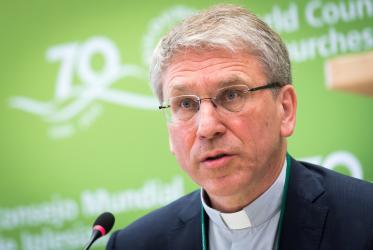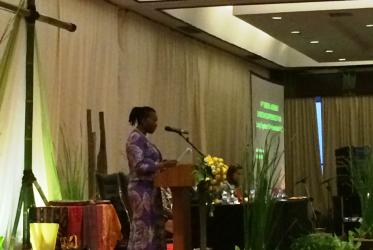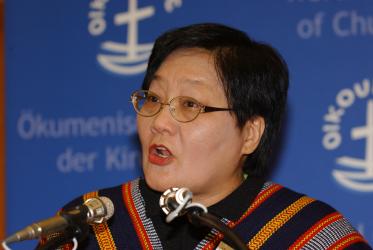Displaying 21 - 40 of 41
20 July 2018
New videos help congregations hasten HIV response
20 October 2016
Voices from HIV workshop reflect deep impact
07 April 2016
Consultation considers right to food in context of climate change
15 December 2015
Church in Philippines launches book on HIV and AIDS
19 February 2014
Senturias named to human rights board in the Philippines
18 February 2014
Consultation urges protection of human rights in Papua
27 September 2013









